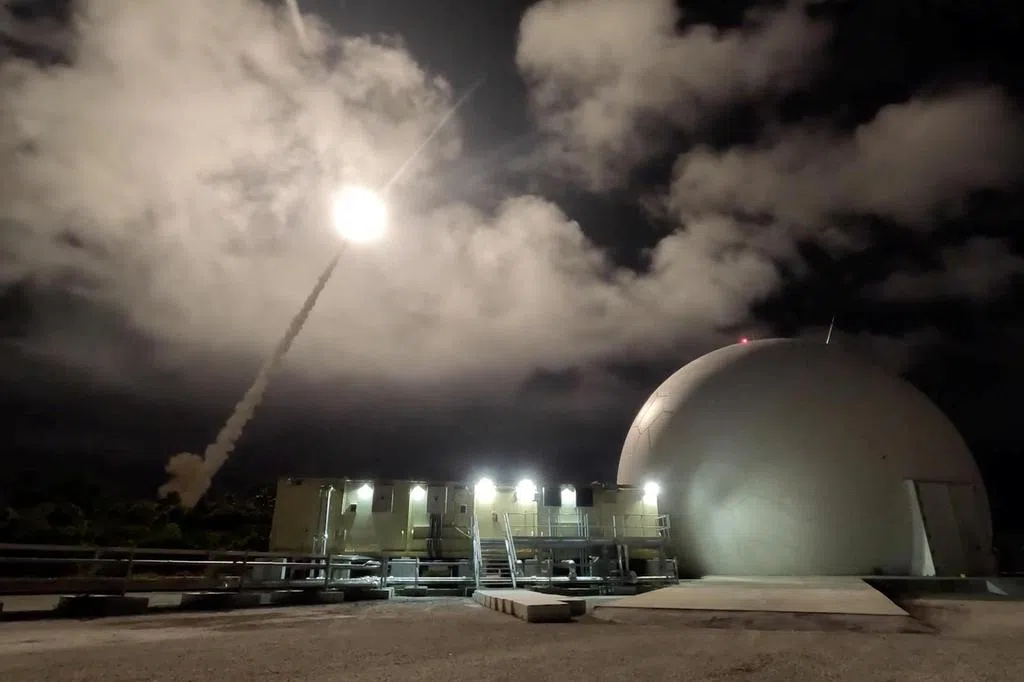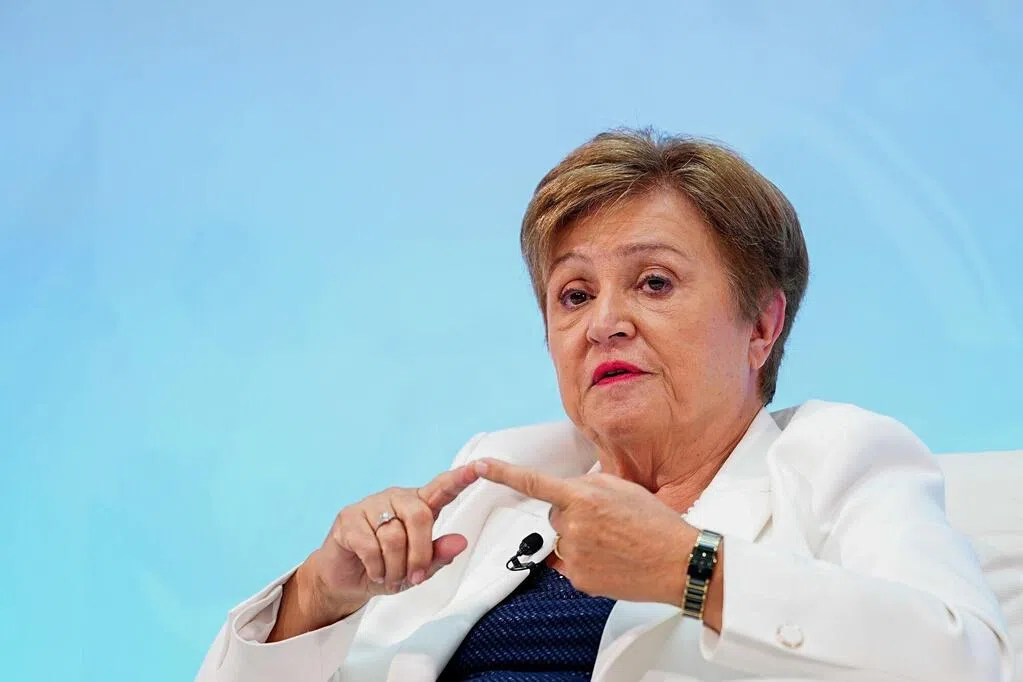(Washington, D.C.) Following the implementation of the Israeli-Palestinian ceasefire, preparations for Gaza's reconstruction have begun, with senior finance officials from various countries expressing their willingness to help. The World Bank and the United Nations are finalizing new estimates for Gaza's reconstruction costs, projecting them at $70 billion (S$90.6 billion).
World Trade Organization Director-General Ngozi Okonjo-Iweala said the Ministerial Development Committee, which advises the World Bank and the International Monetary Fund (IMF), met on Thursday (October 16) to discuss the challenges of rebuilding Gaza.
She said, "We want to help, and we hope that means things can move forward and life can return to normal... allowing people to return to their normal lives. This will take a long time."
In February of this year, the World Bank, the United Nations, and the European Union estimated the cost of Gaza's reconstruction at over $50 billion, a figure now raised to $70 billion.
Xu Haoliang, Acting Administrator of the United Nations Development Programme (UNDP), said that conditions for reconstruction are not yet ripe. "The question is where do we start?"
Further reading
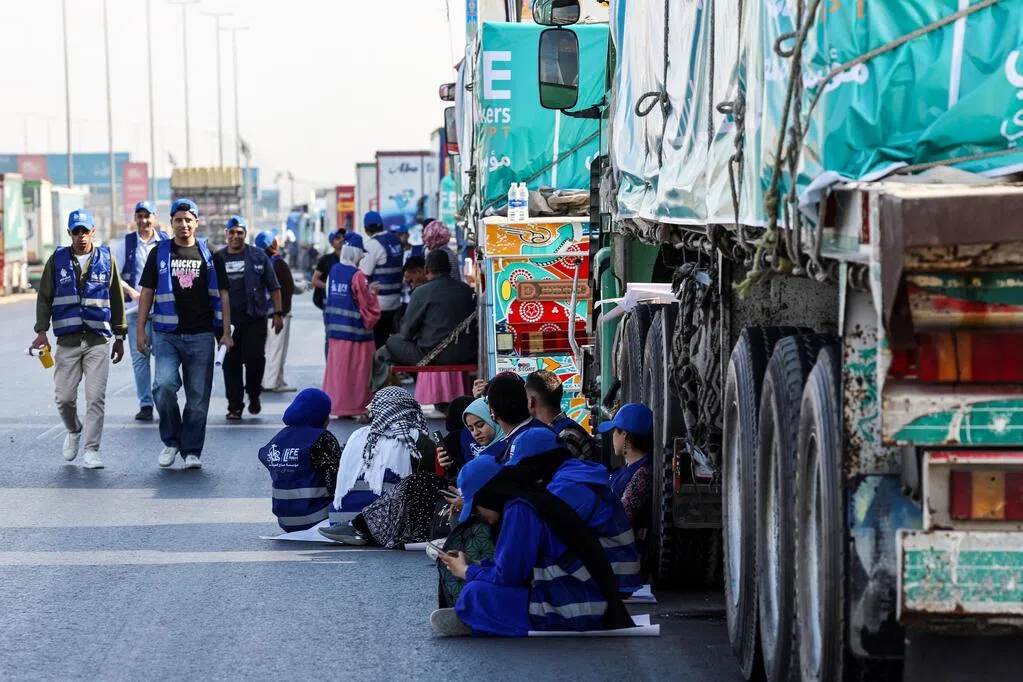
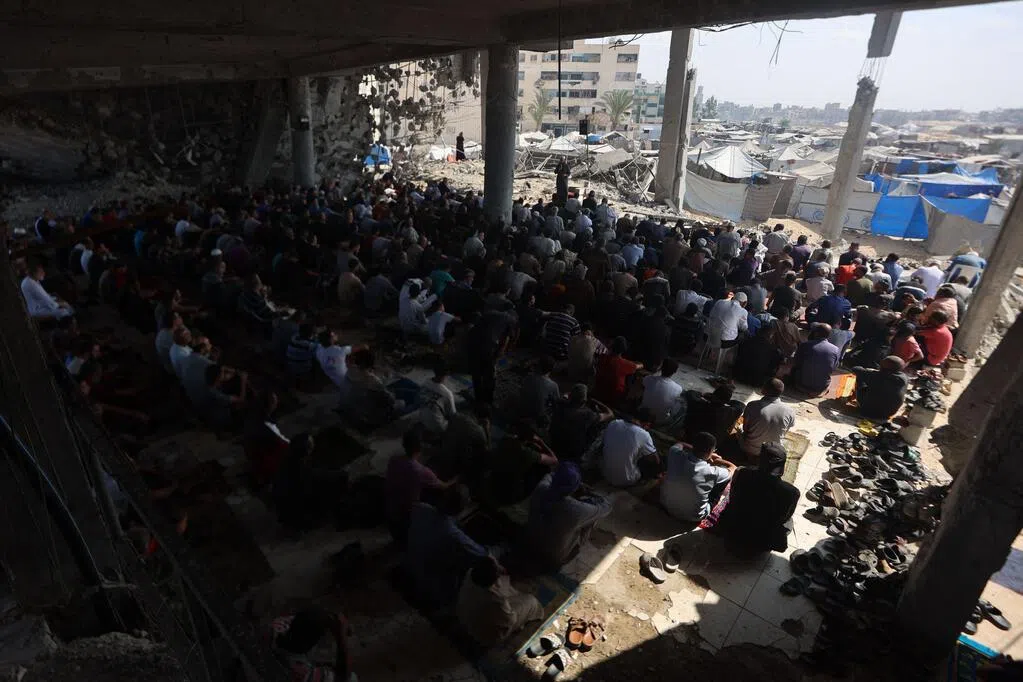
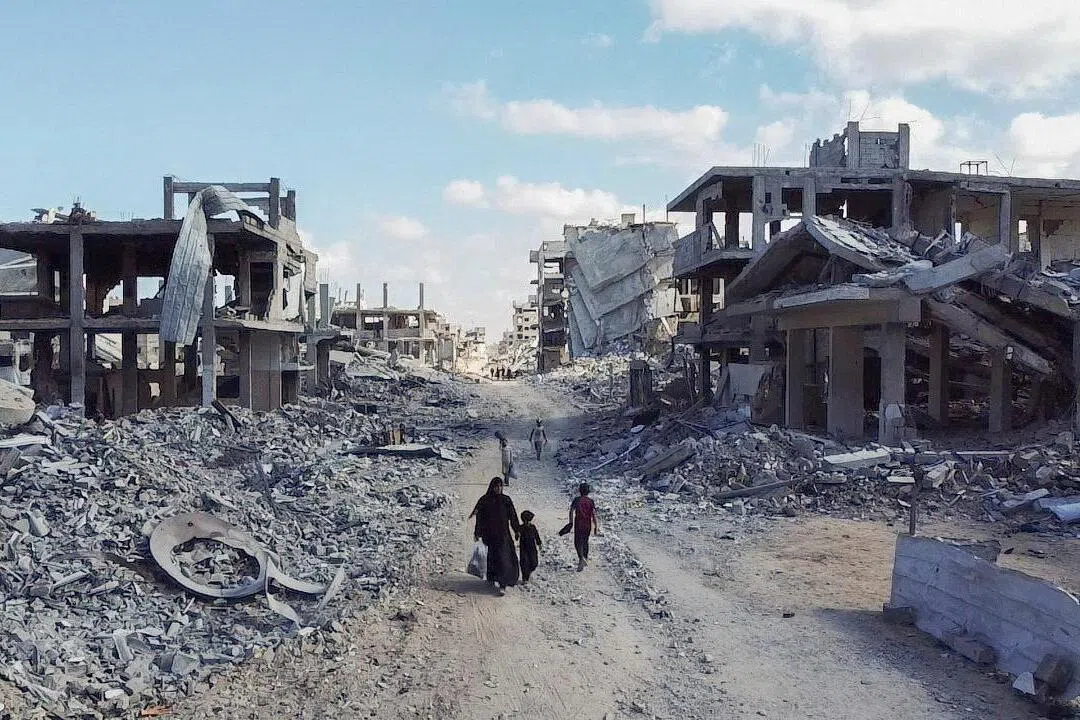
Citing the latest UN estimates that more than 61 million metric tons of rubble must be cleared from Gaza, he said: "We can do it, but the conditions must be met. We need the hostages released and the remains returned." He also pointed out that providing shelter is another urgent need as winter approaches.
EU to provide funding, expertise to help Hamas disarm
Separately, AFP cited a document on Friday (17th) stating that the European Union is considering providing funding and expertise to help disarm Hamas in accordance with US President Trump's Gaza peace plan.
EU foreign ministers are scheduled to meet on Monday (20th) to discuss how the EU could participate in the peace process.
An EU diplomat noted that any EU involvement would likely be limited to technical support, and Europe would not engage in any form of intervention. The document also stated that as Gaza's largest international donor, the EU should focus on helping to increase humanitarian aid to Gaza.
According to Trump's 20-point plan for Gaza, the next phase of the ceasefire agreement includes disarming Hamas, providing amnesty to disarmed Hamas leaders, and establishing a post-war governance system for Gaza.
Hamas insists on maintaining security in Gaza during transition period
However, a senior Hamas political bureau official, Mohammed, told Reuters that Hamas intends to maintain security control over Gaza during the transition period and said he could not promise that Hamas would disarm.
"I can't say yes or no. Frankly, it depends on the nature of the plan. What exactly do you mean by disarmament? To whom will the weapons be handed over?" he said. He noted that the next phase of negotiations will include the issue of weapons, which will affect not only Hamas but other Palestinian armed groups as well, necessitating a broad Palestinian consensus.
Mohammed revealed that Hamas is ready to accept a five-year ceasefire to rebuild war-torn Gaza. Any further arrangements will depend on whether Palestinians can gain "prospects and hope" for a state.

